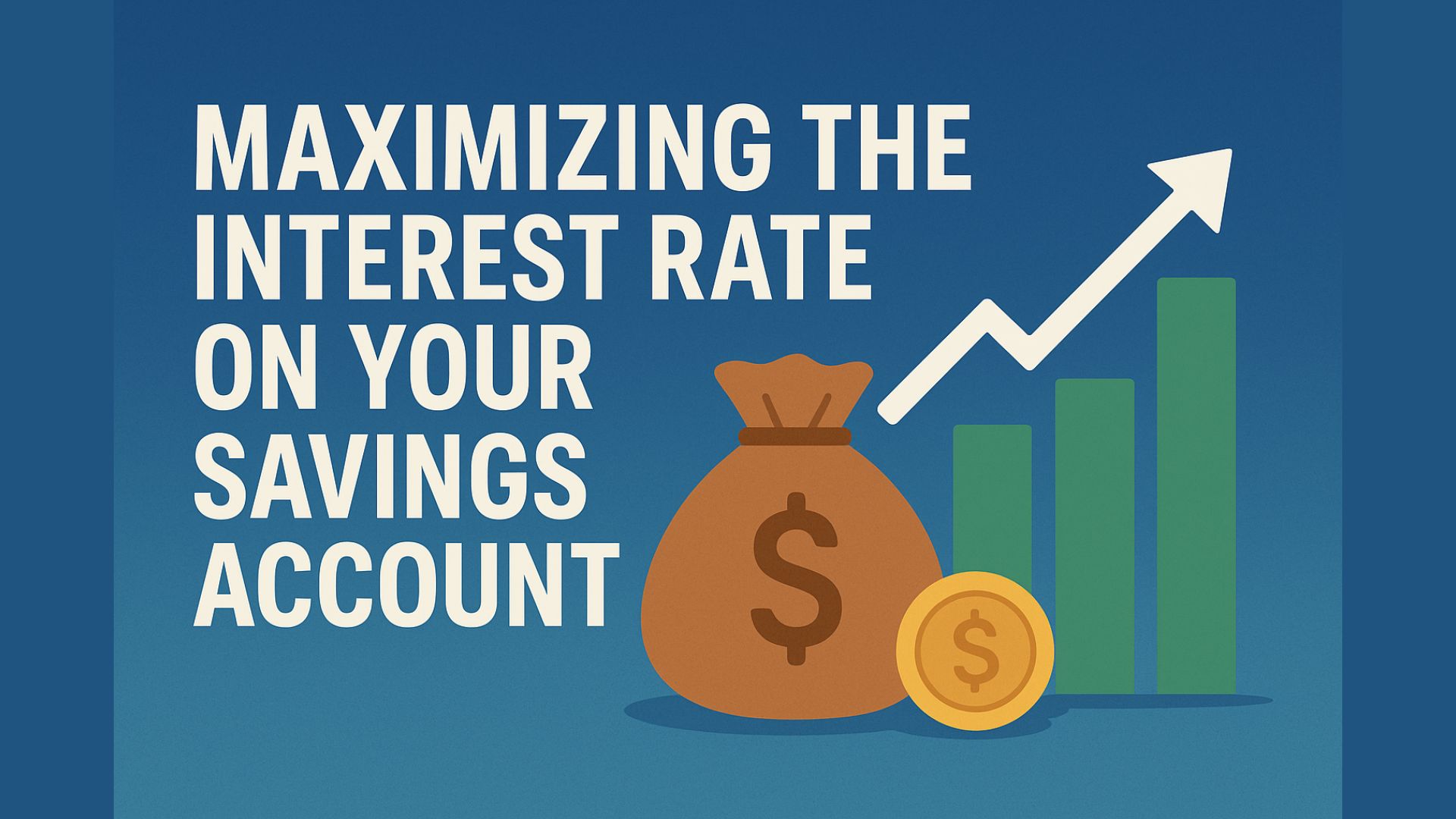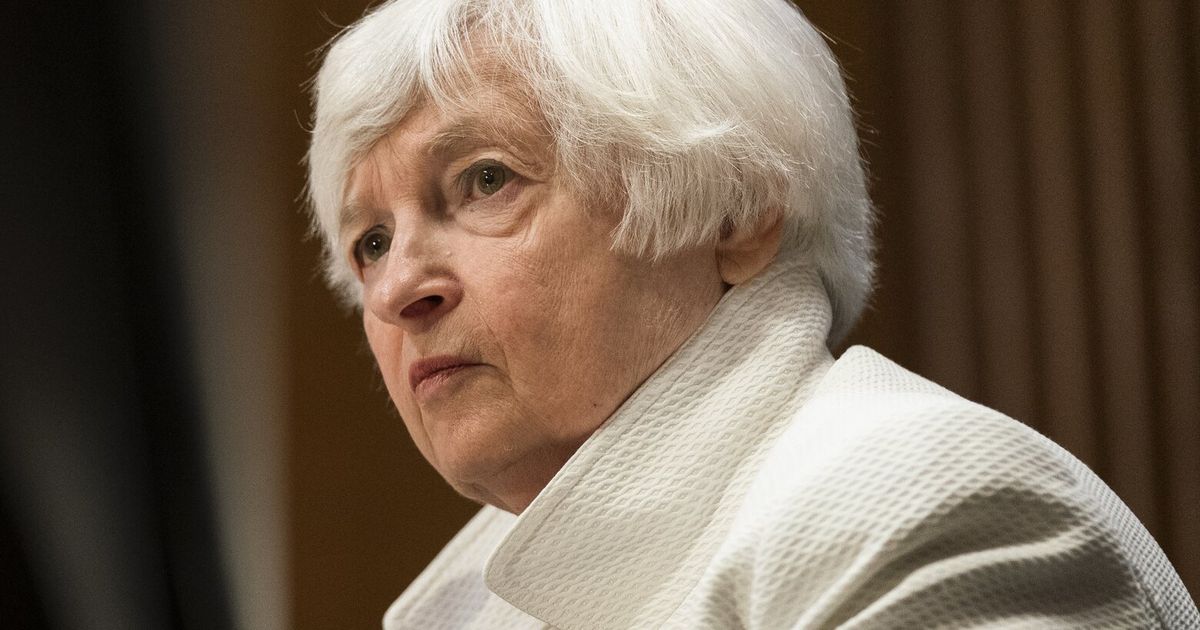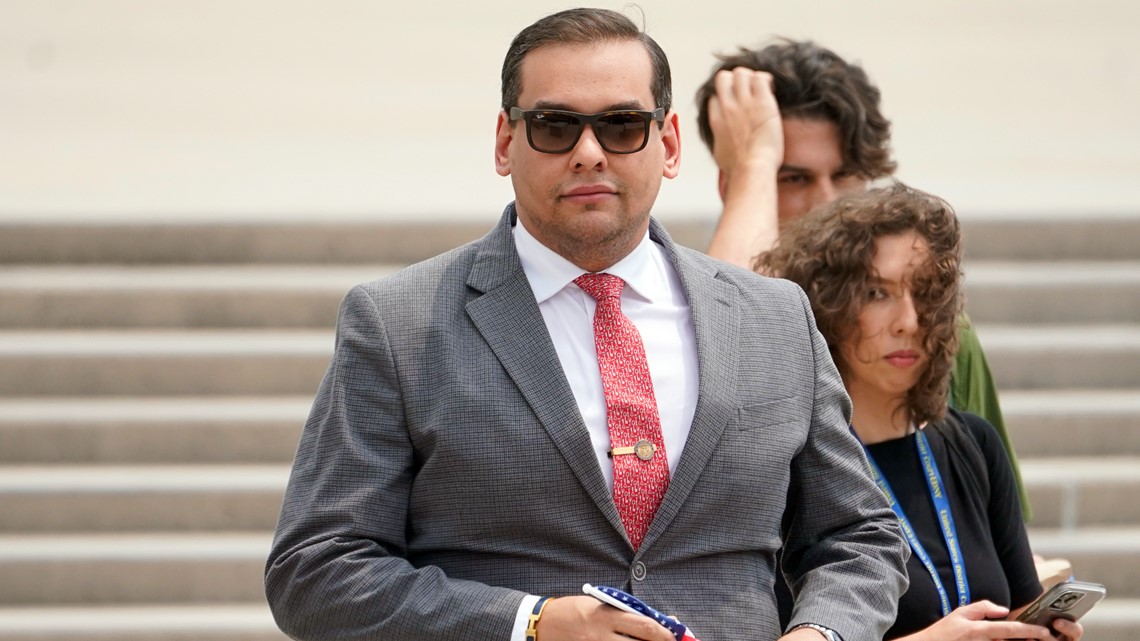© Reuters. Traders work on the floor of the New York Stock Exchange (NYSE) in New York City, U.S., June 22, 2023. REUTERS/Brendan McDermid
By Stephen Culp
NEW YORK (Reuters) – U.S. stocks closed lower on Friday, capping a week dominated by Federal Reserve Chairman Jerome Powell’s testimony in which he signaled more interest rate hikes ahead but vowed the central bank would proceed with caution.
All three major U.S. stock indexes lost ground in a broad sell-off. Interest-sensitive megacap stocks weighed heaviest on the tech-laden index, led by Microsoft Corp (NASDAQ:), Tesla (NASDAQ:) Inc and Nvidia (NASDAQ:) Corp.
With few market-moving catalysts this week aside from Powell’s congressional testimony, all three indexes notched weekly losses, ending a weeks-long rally.
The Nasdaq snapped its eight-week winning streak, its longest since March 2019, while the broke its five-week rally, its longest since November 2021.
The S&P 500 and the Nasdaq logged their biggest Friday-to-Friday percentage drops since early March, when the regional banking liquidity crisis hit.
“It has been an overbought market, and giving a little bit back,” said Ross Mayfield, investment strategy analyst at Baird in Louisville, Kentucky. “(The rally) has been momentum-driven, with fairly broad participation, and there’s nothing surprising about markets taking a pause, and the pause has been fairly orderly.”
San Francisco Fed Bank President Mary Daly said on Friday in an interview with Reuters that two more rate hikes this year is a “very reasonable” projection, while echoing Powell’s call for more caution in policy decisions.
Atlanta Fed President Tom Barkin said late Thursday he was unconvinced inflation is on a steady path down to the 2% target, but added he would not predict the outcome of the central bank’s July policy meeting.
Financial markets have baked in a 74.4% likelihood that the Fed will resume hiking the Fed funds target rate by another 25 basis points at the July meeting, according to CME’s FedWatch tool.
“You can probably count on a rate hike next month, but it’s that second hike that the markets are skeptical of,” Mayfield added. “I’ll be surprised if the inflation data and other economic data merit that second hike by the time we get to the September (Fed) meeting.”
The fell 219.28 points, or 0.65%, to 33,727.43, the S&P 500 lost 33.56 points, or 0.77%, at 4,348.33 and the Nasdaq Composite dropped 138.09 points, or 1.01%, to 13,492.52.
All 11 of the major S&P 500 sectors lost ground, with utilities suffering the largest percentage loss.
Chips weighed on tech shares, with the sliding 1.8%.
Used car marketplace Carmax Inc posted better-than-expected quarterly profits, sending its shares surging 10.1%.
Starbucks Corp (NASDAQ:) fell 2.5% after its unions said around 3,500 U.S. workers will strike next week to protest the chain’s ban on Pride month decorations at its cafes.
The CBOE Market Volatility index, a gauge of investor anxiety settled at up 0.53 point at 13.44, bouncing off a 3-1/2 year low.
Declining issues outnumbered advancers on the NYSE by a 2.39-to-1 ratio; on Nasdaq, a 2.03-to-1 ratio favored decliners.
The S&P 500 posted 18 new 52-week highs and four new lows; the Nasdaq Composite recorded 35 new highs and 138 new lows.
The finalized the reconstitution of its stock components, which fueled a surge in trading volume.
Volume on U.S. exchanges was 15.93 billion shares, compared with the 11.68 billion average for the full session over the last 20 trading days.















